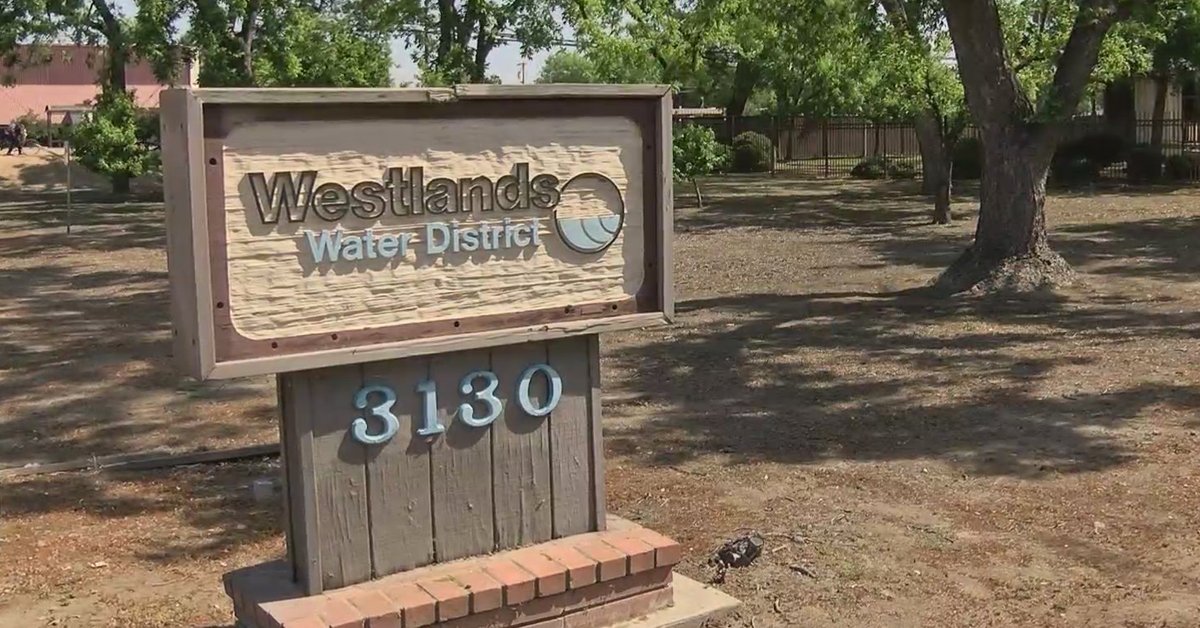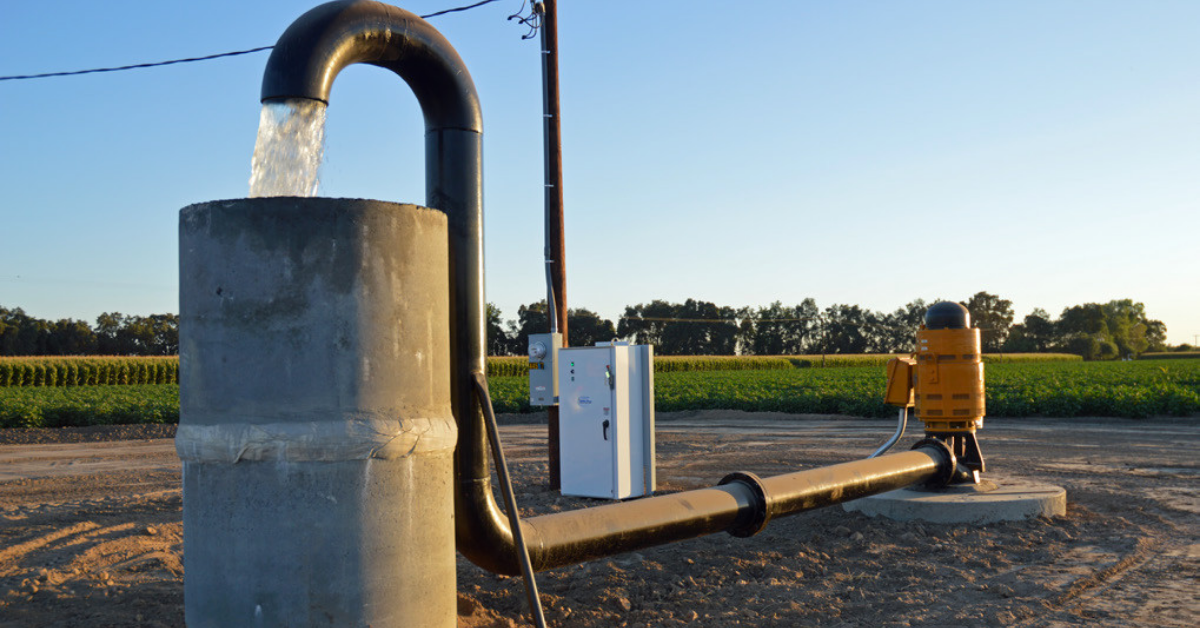A compromise between House Democrats and Republicans appears to have yielded a new bill that would create a pathway to legal status for undocumented farm workers.
Following months of negotiations, the Farm Workforce Modernization Act was introduced to the House of Representatives on Wednesday. Reps. Zoe Lofgren (D–San Jose) and Jimmy Panetta (D–Carmel Valley) negotiated with Reps. Doug LaMalfa (R–Richvale) and Dan Newhouse (R–Wash.) along with farm groups before presenting the bill.
The bill would establish a program for undocumented agricultural workers to earn legal status through continued agricultural employment.
To be eligible, applicants must be able to show at least 180 days of agricultural employment over the past two years and pass a background check. Qualified applicants will be provided with five year renewable agricultural work visas.
Workers then have an opportunity to earn Lawful Permanent Resident (LPR)status, but they won’t be required to do so. Applicants for LPR status will have to pay a $1,000 fine and meet one of the following criteria:
- If an individual worked in agriculture in the U.S. for at least 10 years before enactment, they must work an additional four years in agriculture after enactment before they can apply.
- If an individual worked in agriculture in the U.S. for less than 10 years, they must work an additional eight years in agriculture before being eligible to apply for LPR status.
The Bill also reforms the H-2A program to cover year-round workers and changes wage requirements.
To help with year-round labor needs, the bill dedicates an additional 40,000 green cards per year for agricultural workers and it creates a new capped program with temporary 3-year visas.
The wage reforms are designed to better reflect real-world wages and to limit wage fluctuations. There would be a one-year wage freeze in 2020, and from 2021-2029 wages could not decrease by more than 1.5 percent or increase by more than 3.25 percent. There is an exception, however – if the wage is less than 110 percent of the federal or state minimum wage, then the wage could increase up to an additional one percent.
Other provisions in the bill also address reducing housing costs, including increasing funding for USDA rental assistance programs.
The bill also mandates nationwide E-Verify use for the farm sector while investing in improving the employment verification system. The bill also creates due process protections for authorized workers incorrectly rejected by E-Verify.
In total, 24 Democrats and 20 Republicans sponsored the bill. Co-sponsors of the Bill include Valley Congressmen Jim Costa (D–Fresno), TJ Cox (D–Fresno), Josh Harder (D–Turlock), and Devin Nunes (R–Tulare).
About 250 agriculture groups and labor organizations announced support of the bill on Wednesday, including United Farm Workers, the National Council of Agricultural Employers, Western Growers, the California Farm Bureau Federation and the National Farmers Union.
Notably, the American Farm Bureau Federation is not supporting the bill.










